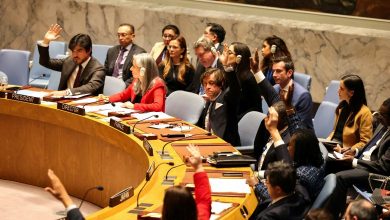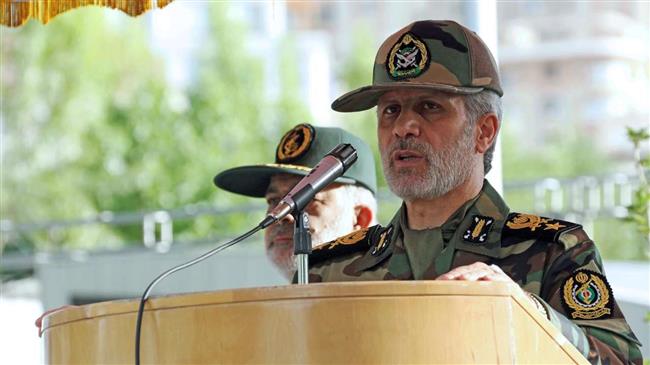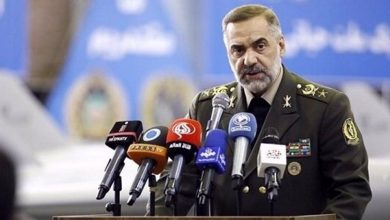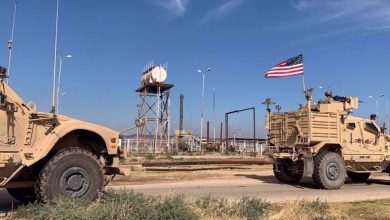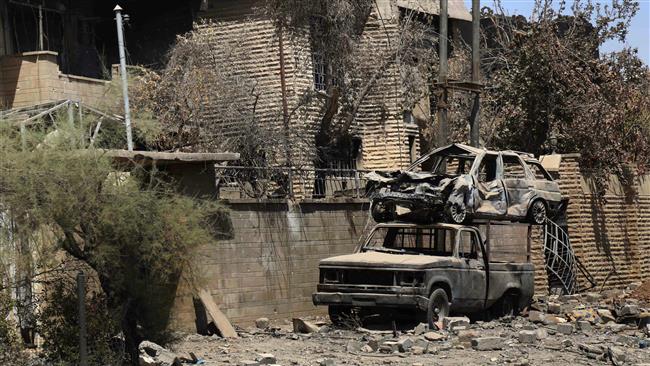UK sanctions Quds Force chief, others in coordination with US
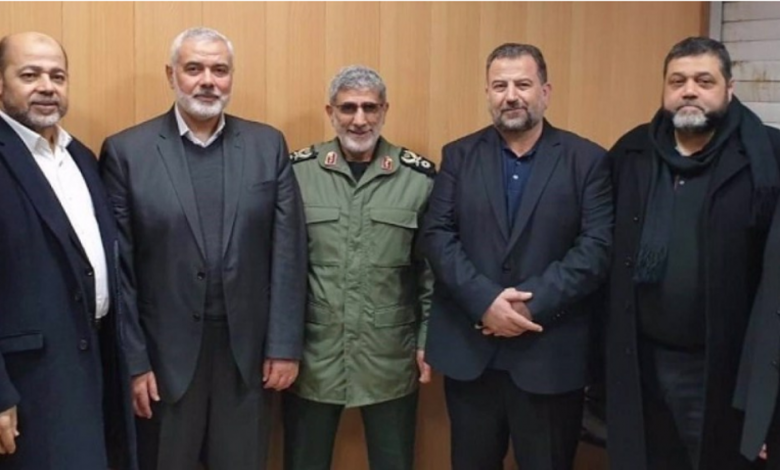
Britain has introduced a raft of new sanctions targeting head of the Islamic Revolution Guards Corps (IRGC)’s Quds Force Gen. Esmail Qaani and several others.
British Foreign Secretary David Cameron said Thursday the travel bans and asset freezes were coordinated with Washington.
Others in the list included Mohammad Saeed Izadi, a member of the IRGC; Ali Shirazi, an IRGC member; Majid Zarei, an IRGC member; Mustafa Majid Khani, an IRGC member; Khaled Qadoumi, representative of Hamas in Iran; Nasser Abu Sharif, representative of the Palestinian Islamic Jihad in Iran and the Palestinian branch of the Quds Force.
Iran’s behavior “poses an unacceptable threat to the UK and our partners,” Cameron claimed, accusing the country of threatening people on UK soil and using its influence to “destabilize the Middle East through support to armed groups, including Hamas and Palestinian Islamic Jihad”.
Washington, which had already sanctioned most of those targeted by London, announced it was joining Britain in sanctioning Zarei, whom it claimed supported Hamas and Lebanon’s Hezbollah resistance movements.
The UK has targeted more than 350 Iranian individuals and organizations, including other leading IRGC commanders and Tehran’s prosecutor general.
The US and the European Union have also imposed their own sanctions.
For decades, Iran has been the target of the most severe economic and financial sanctions of the United States and its allies, directly endangering the lives of Iran’s most vulnerable population, including children, the elderly, and patients.
Unilateral coercive measures are employed by certain states as a method of war to starve innocent civilians which violate the UN Charter and international law.
In a statement made during her visit to Tehran on May 18, 2022, the UN Special Rapporteur on the negative impact of unilateral coercive measures emphasized the illegality of such inhumane measures.
